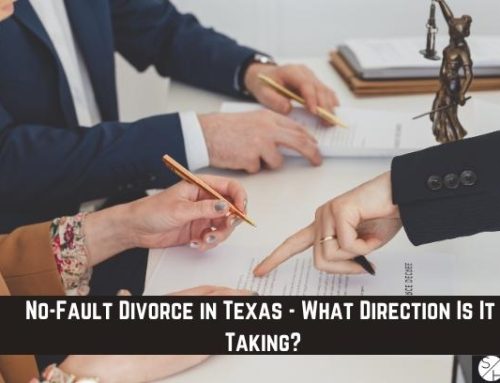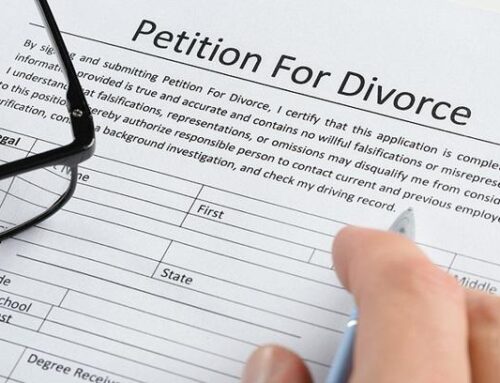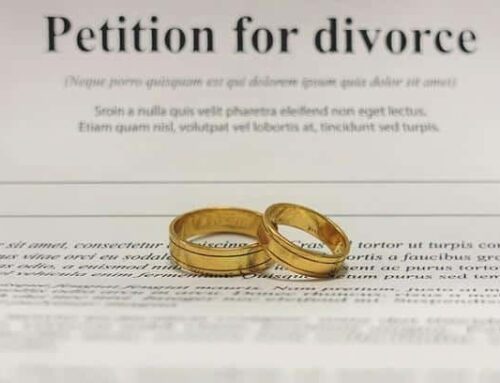Social media has changed the world in many ways, a means of communications that is used to share our lives with family and friends.
What divorce attorneys now know is that as beneficial as social media can be, it can also work against those seeking a divorce.
If planning to file for divorce, heed this critical divorce advice and mind your social media accounts.
"Anything You Say Can Be Used Against You..."
Although that sounds like the Miranda warning given to people when being arrested, it is also true when it comes to the relationship between getting a divorce and social media accounts.
One of the first things that a divorce attorney will warn you when starting the divorce process is that your social media will be picked apart with a fine-toothed comb by other attorneys building a case for your soon-to-be ex.
Anything found on social media that could be considered controversial, inflammatory, slanderous, or otherwise about your spouse can and will be used against you if necessary to influence the outcome of the divorce.
Since social media poses this problem, the best advice from divorce lawyers to social media users is to follow these recommendations to prevent social media usage from harming your divorce case.
Social Media Divorce Don’ts
When managing your social media accounts, divorce lawyers always start with what should not be done, especially considering the knee-jerk reaction some might have to start deleting things
- Don’t Delete - What is said and done is already said and done. Even if your social account is deleted or certain entries removed, divorce attorneys can still access that information in other ways because it is true that the internet is permanent.
- Don’t Assume Social Media Accounts Won’t Be Investigated - If there is even the slightest reason to investigate your social presence, count on it happening. Social media is very incriminating and can easily help your spouse's case.
- Don’t Use Location Access or Check-Ins - Avoid giving away more information than is necessary including where you are. When divorcing, lawyer recommendations are to turn off anything that can report your location including phone tracking. In addition, avoid “check-ins” on social media either on your accounts or the accounts of other people.
Social Media Divorce Do's
The other side of managing social media accounts so they will not become detrimental to a divorce is knowing what should be done:
- Do Post Conscientiously Moving Forward - Before clicking Post, consider whether that post is something you would feel comfortable being read in front of a judge. Though divorce lawyers recommend against deleting past posts for reasons already mentioned, move forward by making a sound judgment call whenever making a new post and do the same with sharing and likes.
- Do Talk To Kids And Family - Besides monitoring your own use of social media, talk to kids and monitor their use as well. Explain what things are not appropriate to post, share, and like, then ask other family members who are aware of the situation to use good judgment as well before tagging or posting anything about you or personal family concerns.
- Do Take A Social Media Break - Some wise advice from divorce lawyers is that a little time away from social media accounts when dealing with something like a divorce can be better than trying to keep up with it and potentially posting frustrations there.
Use Social Media Wisely To Avoid Divorce Trouble
Social media is a fun way to stay in contact with friends and family; however, divorce attorneys warn from experience that it can cause problems for anyone going through a divorce.
If you are a regular social media user, follow the professional advice of your lawyer about using it while your divorce is in progress.
Schreier & Housewirth Family Law
1800 West Bowie Street, Suite 200-E
Fort Worth TX 76110
817-923-9999
Gregory L. Housewirth is a Board-Certified Family Law Specialist practicing in Fort Worth Texas. With 30 years of family law experience, Mr. Housewirth has represented hundreds of clients in divorce, custody, CPS, modification, and grandparent cases. In addition, Mr. Housewirth is a qualified family law mediator and a member of Collaborative Law Texas, a practice group dedicated to promoting collaborative divorce in Texas.






